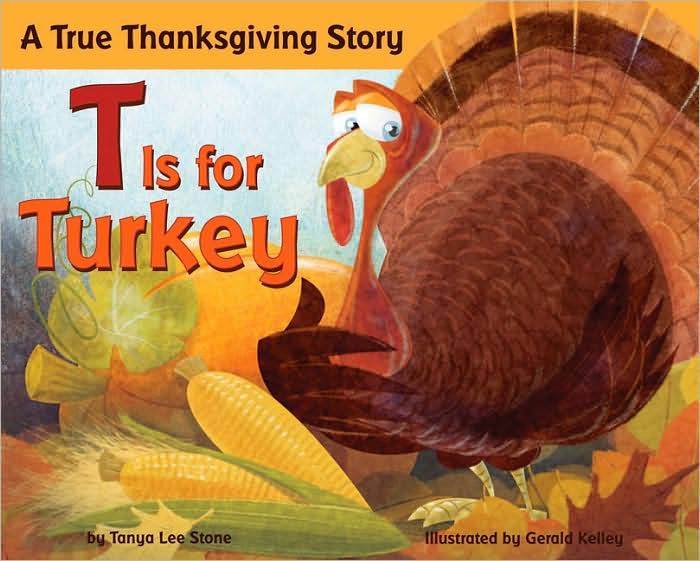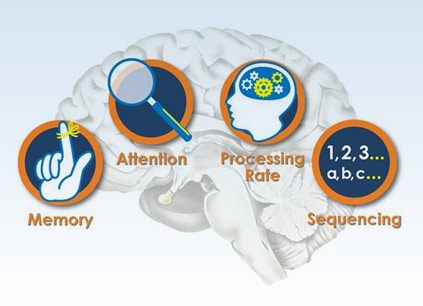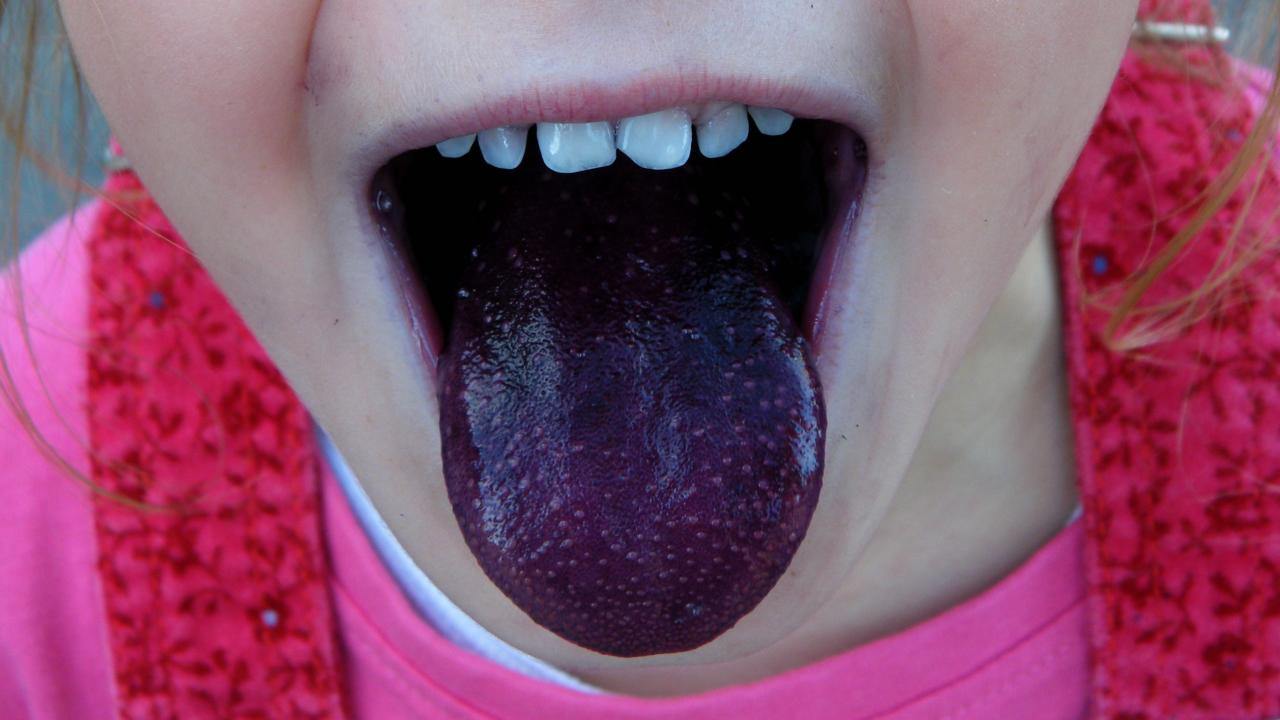
Check out our book list of Thanksgiving treasures to read aloud to the kids. Then see if they can retell the story to you in their own words. Image source: www.notimeforflashcards.com
Language-based learning disabilities (LBLDs) encompass a wide range of challenges related to language, including spoken, written, and implied. A child with LBLD needs extra support, both in and out of the classroom, involving guidance by healthcare professionals and possibly speech therapy. You can help support the overall goals of improved communication skills by implementing games at home – and the holiday season means it is the perfect time to try these Thanksgiving activities for kids with language-based learning disabilities. Continue reading






